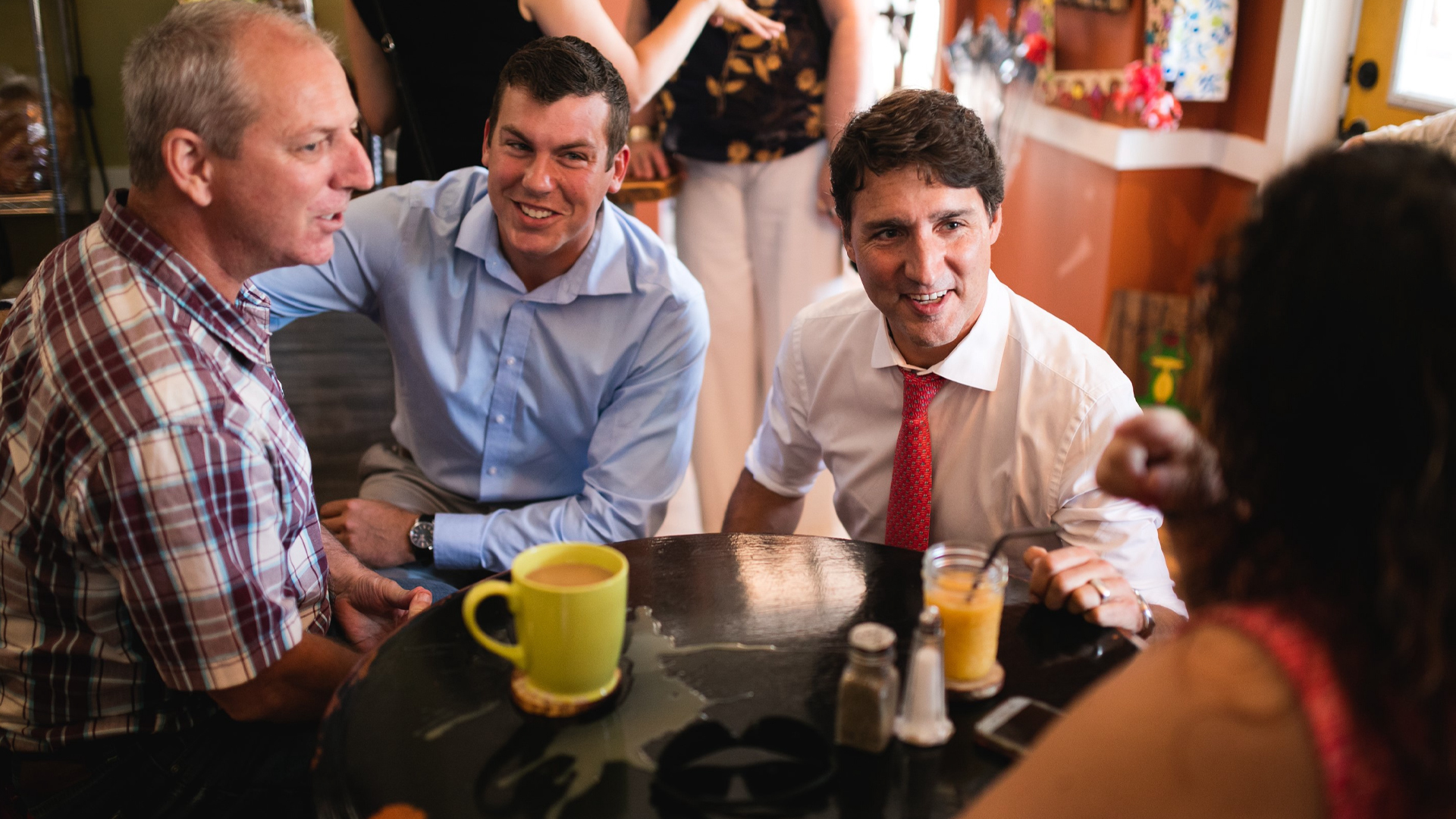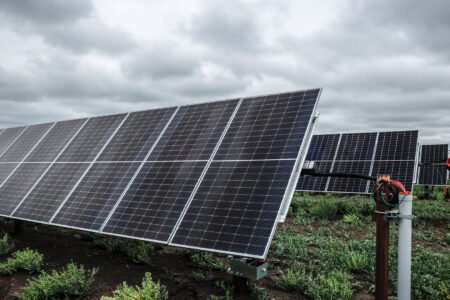
There is no single formula for wining a local campaign, but effective fundraising is key. That said, while we pay a great deal of attention to the national parties’ fundraising numbers, much less is known about fundraising at the local level. As you might anticipate, there are significant differences.
While national party campaign teams have professional staff whose exclusive focus is fundraising, local fundraising is much more likely to rely on the candidates and a small number of volunteers. These differences in resources are also reflected in different fundraising strategies. At the national level, the size of the potential donor base, in conjunction with the automation provided by modern fundraising tools, means that scaling-up small donations is a viable fundraising approach. By contrast, direct personalized outreach is still common at the local level. This labour-intensive approach means that targeting a small number of comparatively large donations makes strategic sense.
To explore the challenges of fundraising at the local level, this piece takes a deep dive into the riding of Kings-Hants in Nova Scotia and the experiences of the Liberal candidate for the 2021 election, Kody Blois, who was seeking re-election.
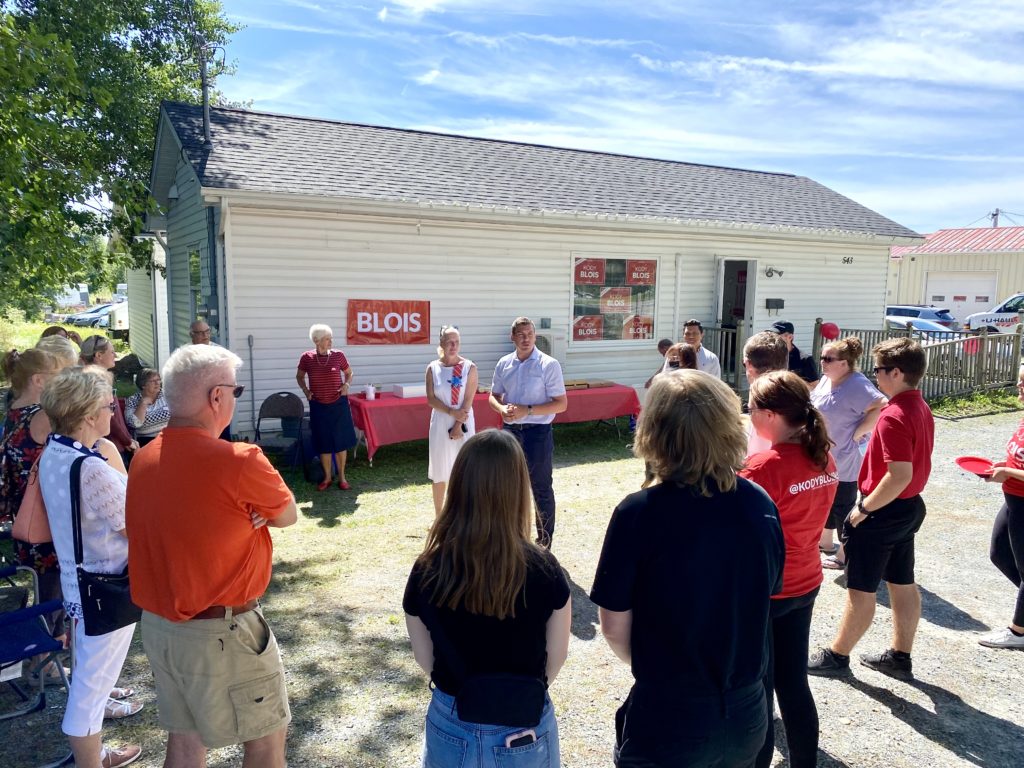
This riding profile was developed over a series of semi-structured conversations between the author and candidate that spanned the immediate leadup, middle and end of the September election campaign. Kings-Hants is an interesting case study for considering the importance of local issues and candidate-framed messaging for election fundraising. Like every riding in Canada, Kings-Hants – a primarily rural riding in western Nova Scotia with a large agricultural sector – has its own unique features that influence the local election campaign.
While the Liberal Party has held the riding since 2003, it is not easily categorized as a Liberal stronghold. From 1997 to 2019, the riding was represented by long-time MP and former Trudeau cabinet minister Scott Brison, who was first elected as a member of the former Progressive Conservative Party before crossing the floor to the Liberals in 2003. The riding had generally trended Conservative prior to Brison but after his switch to the Liberals, the Conservative candidate has always placed second.
Why do so many politicians still bother with local all-candidate debates?
After a political career that spanned 20 years and two political parties, Brison’s departure in 2019 prompted the question of whether Kings-Hants had grown into a Liberal-friendly riding or if it was ultimately a Brison riding and he just happened to be a Liberal. The strong performance of the Nova Scotia Progressive Conservative Party in the 2021 provincial election – in which it captured a surprise majority government, owing in large part to its strong performance in rural ridings – added another layer of uncertainty about the depth of Liberal support in Kings-Hants.
The 2021 federal election posed a number of challenges from a fundraising perspective. Coming less than two years after the 2019 federal election, parties and local candidates had little time to replenish funds or recalibrate tactics. The short inter-election period was made even more challenging when the emergence of the COVID-19 pandemic led parties to temporarily pause some of their fundraising efforts following public criticism, though national party fundraising did rebound.
With limited resources at the local level, these fundraising challenges were arguably even more daunting for local party candidates because COVID-19 necessarily ruled out larger in-person fundraising options such as spaghetti suppers. While not immune to donor or pandemic fatigue, the professionalization and automation of national party fundraising meant that the resource challenges were different at that level than those faced at the local level, where fundraising commonly relies on the party candidate.
For example, Blois acted as his own fundraising lead for the 2019 and 2021 campaigns. This meant he was responsible for calling likely donors and providing personalized follow-up emails with information on how to donate. In Blois’s experience, this labour-intensive, candidate-driven strategy is not uncommon, especially in rural ridings. Given this personalized approach, focusing on larger donations from a small number of supporters makes sense. Small donations are still a part of local fundraising efforts. For example, the Kings-Hants Liberal riding association receives small monthly donations as part of the Liberal Party’s “Victory Fund” that amounted to about $1,400 per month in 2021. However, this approach is not likely to drive local campaign funding.
In Kings-Hants, emphasizing local issues and candidate-framed messaging for both campaigning and fundraising were key for the local Liberal campaign. Because most voters in Kings-Hants are not dyed-in-the-wool Liberal supporters, it is prudent for a Liberal candidate to focus on the local issues rather than national campaign messaging. In Blois’s experience, it is not uncommon for someone who makes a large donation of $1,000 or more to state that they do not view themselves as a Liberal. Their willingness to donate comes from the belief that the local party candidate has prioritized issues that are of concern to them personally.
In a riding that has a large agricultural sector, Blois focused on agriculture throughout his campaign and first term in office, which included serving as a member of the House of Commons committee on agriculture and agri-food, as well as being chair of the rural Liberal caucus. Blois’s focus on agriculture resulted in some cases in large donations from individuals in the agri-business sector who might not otherwise have considered supporting the Liberal Party. The importance of a particular business sector for a local candidate’s fundraising is interesting in light of the fact that donations from businesses, corporations and unions have been banned since 2007.
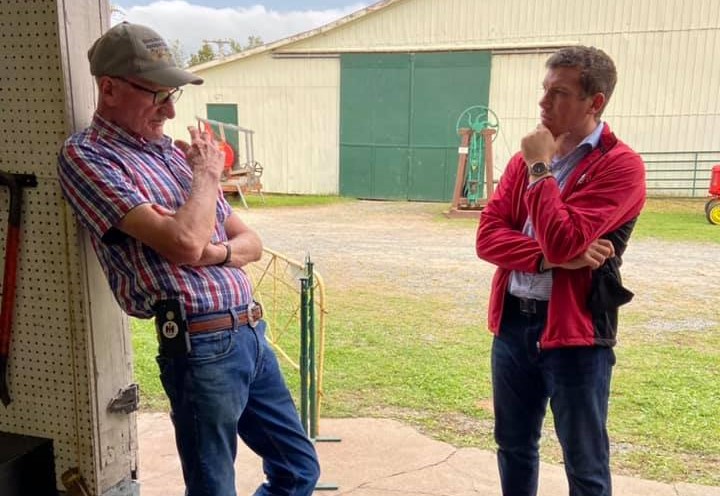
Business interests undoubtedly remain tied to some donations, though they are now from individuals rather than directly from the businesses themselves. This may raise concerns for some people, but given that donations are capped at $1,650 (as of 2021), there seems little reason to anticipate that individual donations can on their own create the conditions for undue influence.
This focus on a personalized, local approach to fundraising was largely successful for the Kings-Hants Liberal campaign. Over the campaign period, Blois raised $36,679 from 86 donors, which averaged about $426 per donation. During the same period, the campaign raised approximately $2,600 from 98 contributions through the Liberal “Victory Fund” program, highlighting the importance of large donations to the local campaign. The total amount was less than the $48,000 Blois raised in the 2019 campaign. A drop in donations is not necessarily surprising given that the Liberals lost ground in Nova Scotia in the September federal election, with the party losing two of the 10 seats it held in that province going into the campaign.
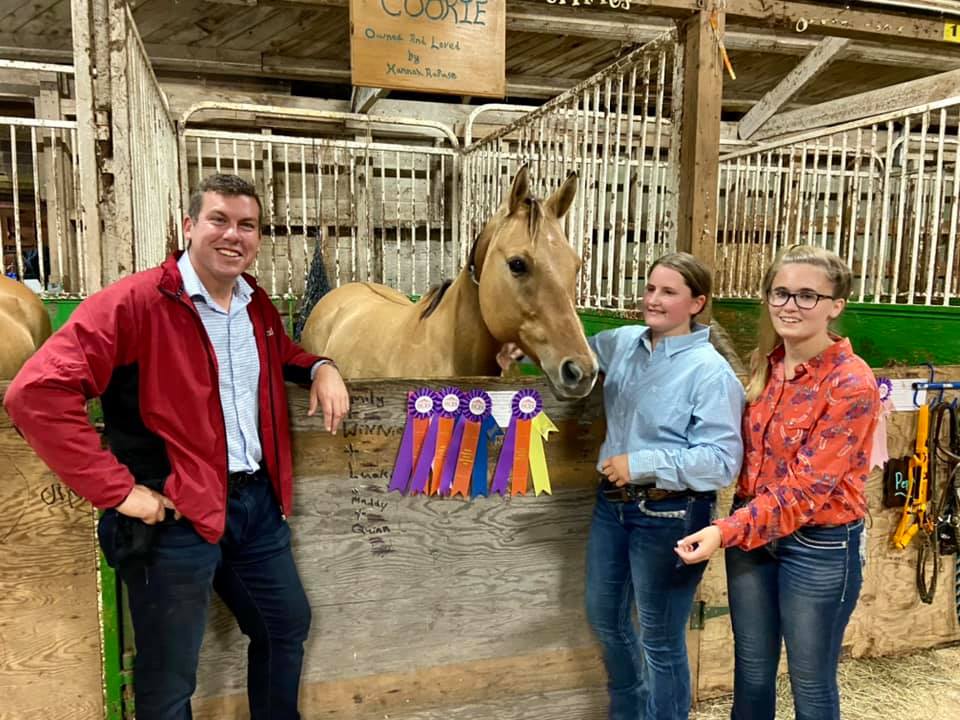
However, in Kings-Hants, the Liberal vote share ultimately increased and Blois was re-elected. The lower fundraising tally may be explained by two additional factors: COVID-19 and the provincial election. The pandemic has deeply affected people across Canada, and the food and beverage industry has faced significant economic challenges. For Blois, this meant recognizing that some small business owners who donated in 2019 were not well-positioned to make a similar contribution in 2021. So, he made the choice to not reach out to them for a donation. Second, with the N.S. and federal elections running back-to-back, there were some supporters to the Liberal Kings-Hants campaign who donated smaller amounts than they had previously because they had already made a sizeable donation during the provincial election.
In a riding such as Kings-Hants that does not fit the mould of a Liberal stronghold, the importance of local issues and candidate engagement is paramount. The intensity of local riding issues may not be felt as strongly in other ridings across the country, which undoubtedly impacts how a candidate may choose to raise funds and campaign. For the Liberal Party, which has found its strength in rural ridings weaken dramatically over the last few decades, a focus on local issues may very well be the determining factor between a win or loss in a riding such as Kings-Hants. These differences in local conditions are an important reminder that the riding and candidate are crucial for understanding Canadian elections, as well as the real challenges in studying both.
This article is abridged from a book that UBC Press plans to publish in 2022. It is part of the Inside the Constituency-Level Election Campaign special feature series.




